
What Does Ego Death Feel Like? Reddit Explains
Ego death is a profound and often life-altering experience where one’s sense of self dissolves, revealing a deep connection with the universe and blurring the
Click to download our Free Psilocybin Sourcing Guide

Ego death is a profound and often life-altering experience where one’s sense of self dissolves, revealing a deep connection with the universe and blurring the
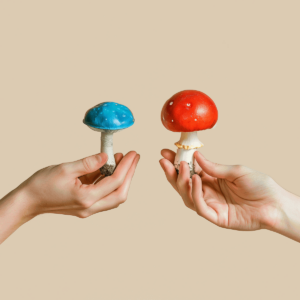
Exploring the complexities of psilocybin strains and their effects, recent research reveals significant variations in the psychedelic experience. Dr. Blei’s groundbreaking research sheds light on
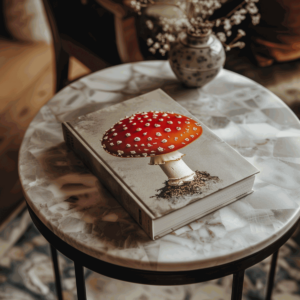
This comprehensive guide delves into every aspect of psilocybin mushrooms, from identifying therapeutic strains and understanding the cultivation lifecycle, to effective storage techniques and the

Exploring the interplay between psychedelics and stimulants like Adderall and Vyvanse offers a fresh perspective on ADHD treatment, highlighting alternatives that tap into enhanced focus

In the burgeoning field of psychedelic therapy, the interplay between traditional antidepressants and psilocybin mushrooms has emerged as a critical area of study and discussion.

Long-term use of serotonin-based antidepressants can significantly impact the efficacy of psychedelic therapy, as both treatments interact with the brain’s serotonergic system. Understanding the nuances
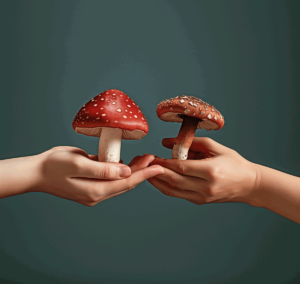
Choosing the right magic mushroom strain for psychedelic therapy involves understanding therapeutic approaches and dosing intentions. This comprehensive guide encourages a balanced evaluation of factors
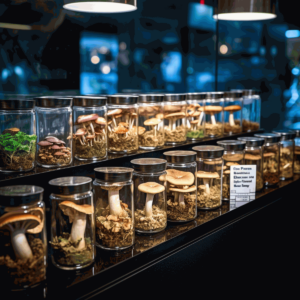
Psilocybin mushrooms, commonly known as “magic mushrooms,” have been integral to human cultures for centuries, revered for their profound psychedelic properties. In recent times, a
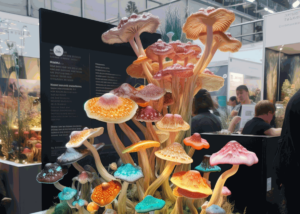
With psychedelic therapy gaining recognition for its potential to address mental health issues and facilitate transformative experiences, individuals are becoming more proactive in managing the

Today, we take you on a journey deep into the heart of Colorado’s evolving psychedelic landscape. This article is inspired by our insightful podcast episode
We only send you what you need to know to use psychedelics for your healing journey.

DISCLAIMER: Psychedelic Passage does not provide psychoactive or controlled substances. Many controlled substances are illegal. The illegal use of a controlled substance may result in criminal consequences. Using controlled substances outside of the lawful supervision of a medical professional may also result in serious health complications including death. We are not licensed therapists, counselors, or medical professionals. We are not spiritual guides or scientists. We are a harm reduction company. Please use your discretion and consult a medical professional to ensure our services meet your needs. Any referrals to third parties that we may provide are informational, for your convenience only, and based on the criteria you provide to us. You are solely responsible for making a selection of a practitioner or other service and determining whether he/she/they are appropriate for you. No referral is an endorsement or recommendation of the practitioner or their services. Please conduct your due diligence on any practitioner you use. We do not provide referrals to “underground” (illegal) psychedelic services. Any information received through our services should be considered for educational purposes and not be misconstrued as medical or legal advice. Please use your discretion and consult with a medical professional to ensure our services meet your needs.
13918 E. Mississippi Ave. #68175 Aurora, CO 80012
Search for anything like: microdosing, dosage, integration
You can now close this window.
Just tell us where to send it…